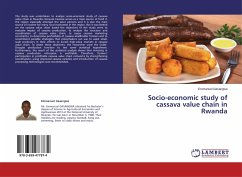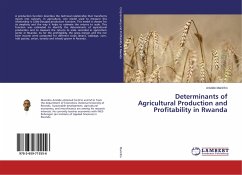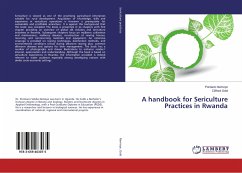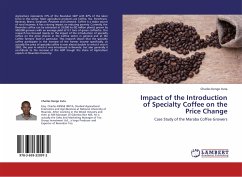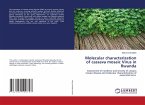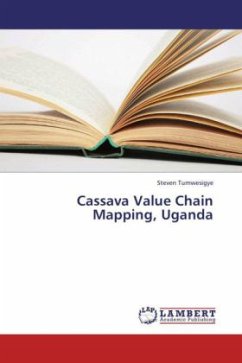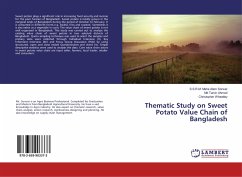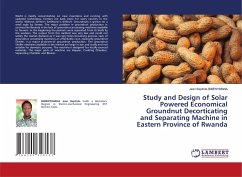The study was undertaken to analyze socio-economic study of cassava value chain in Rwanda, because Cassava serves as a main source of food in the region especially amongst the poor persons and it is also the main source of income for many rural economies in the region. But it was limited on the cassava value chain based the objectives of the study were to evaluate impact of cassava production, to analyze the structure and coordination of cassava value chain, to assess cassava marketing constraints, to determine profitability of cassava smallholder farmers and to recommend possible strategies that policymakers can use to assist small-scale producers in their efforts to access high-value markets in cassava value chain. To attain these objectives, the researcher used the Cobb-Douglas production function to test some statistical hypotheses. Furthermore, the result of the statistical analysis shows that investing in cassava production enterprise is profitable. Therefore, farmers' participation in profitable cassava value chain networks by strengthening coordination, using improved cassava varieties and introduction of cassava processing technologies was recommended.
Bitte wählen Sie Ihr Anliegen aus.
Rechnungen
Retourenschein anfordern
Bestellstatus
Storno

